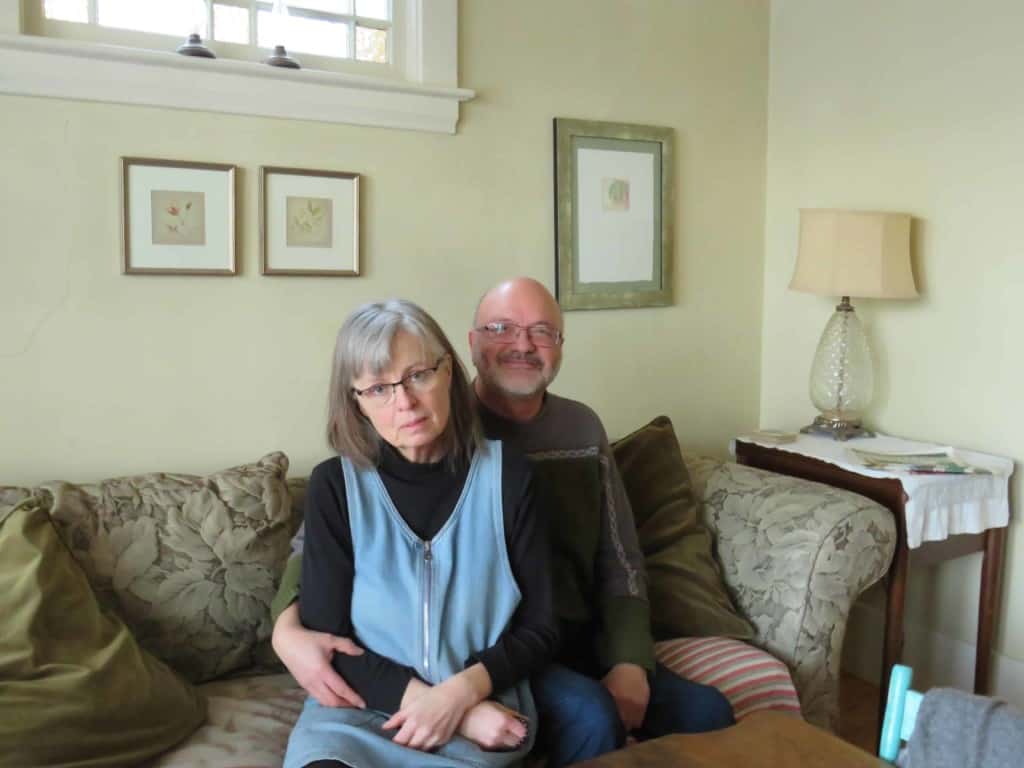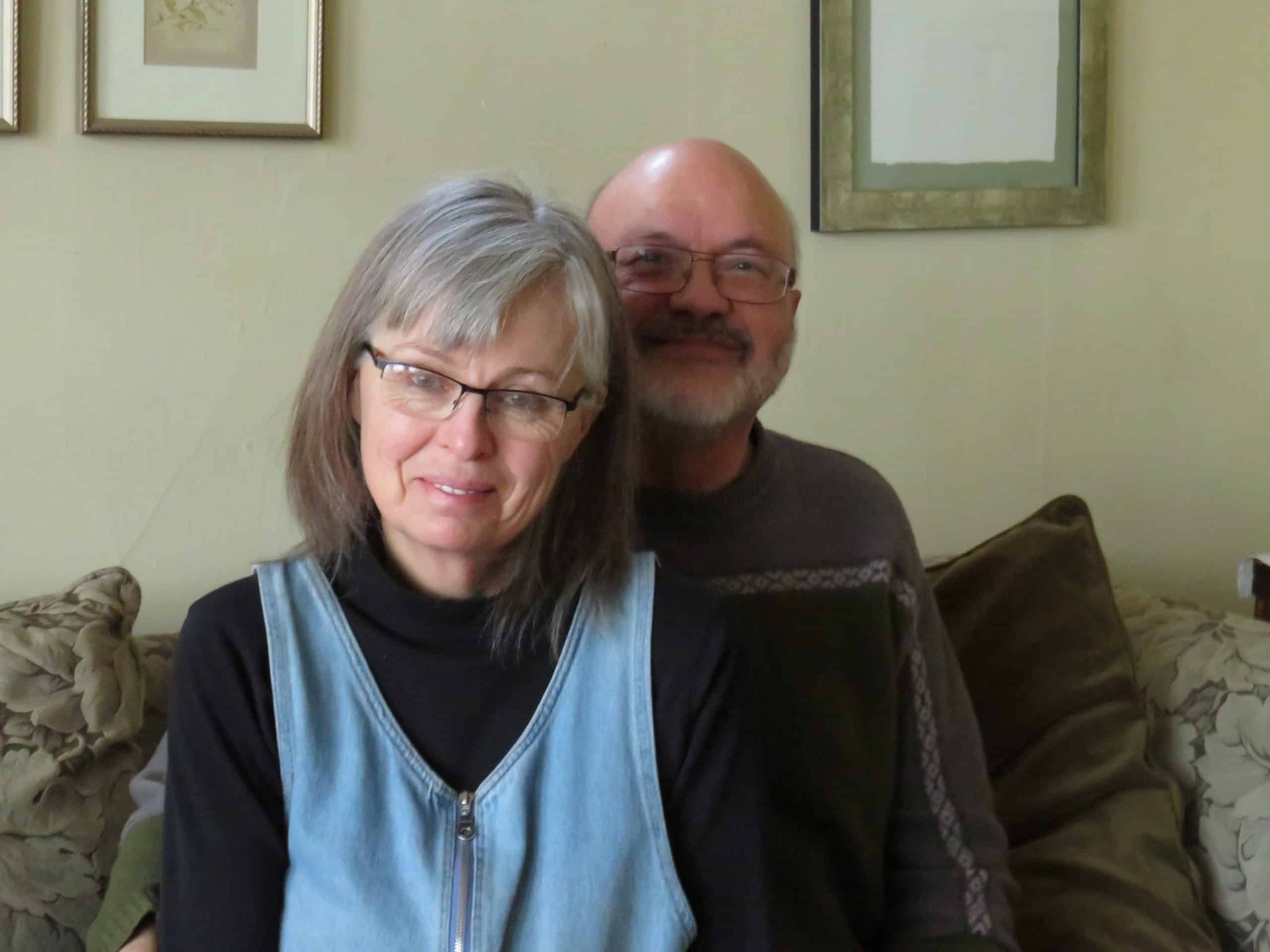Budget cuts affect people on public services
Changes to Alberta Seniors Drug Benefit Program coming March 1
Even before the provincial government released its 2020/2021 budget (which occurred after this newspaper was published), many Albertans were already trying to figure out how to deal with the significant cuts handed down in the 2019/2020 budget introduced on Oct. 24 last year.
From cuts in childcare and child intervention funding totaling nearly 13 per cent to post-secondary tuition increases as high as 7 per cent to the de-indexing of income supports, AISH, and the Alberta Seniors Benefit, very few people who rely on public services will able to escape the negative effects of the government’s austerity agenda.
Alberta Avenue’s Arthur and Joy Dyck are one of 46,000 couples who will be affected on March 1 when the government cancels coverage for spouses/partners and dependents under the Alberta Seniors Drug Benefit Program.

“My pension income puts us over the threshold by about $25 per month for Joy to qualify for AISH benefits, which would cover the medical benefits she needs,” explains Arthur. “If indexing had stayed in place, she would have qualified for AISH. Now she doesn’t and she’s losing her coverage under the Seniors Health Benefit, too.”
Joy was on AISH for several years before she lost her benefits when Arthur retired and began to draw his pensions. For some reason, AISH considers pension income differently than employment income.
“So even though my pension income was less than my earned income, Joy was cut off AISH when I turned 65,” Arthur says. “Even though Joy had benefits under the Seniors Benefit Plan, it didn’t have nearly the coverage that AISH benefits did.”
The couple will be required to pay up to $61 per month for non-group coverage until Joy is 65 years old.
“That, or I can live without benefits,” adds Joy.
The rules around AISH eligibility are inflexible and only look at income, not expenses. This means that a mere $25 per month more in income can be enough to get a person cut off benefits even if that means that the fixed-income couple of which that person is a part will face paying additional monthly out-of-pocket expenses for that person to receive the same medical benefits.
The Dycks are not alone in their frustration, according to Marie Renaud, the Official Opposition Critic for Community & Social Services.
“Through no fault of their own, thousands of older couples are facing significant financial challenges because of these changes,” she says in a telephone interview. “We’re hearing from a lot of couples who are very concerned about the changes being introduced around different benefits.”
Asked if government changes might force some couples to separate just to maintain their benefits, Renaud agrees that this is a very real possibility.
“AISH divorce? We’re absolutely going to be seeing that in the future,” she says.
Last year’s budget indicated that the government would be further exploring a plan for income testing seniors’ drug benefits. Asked what this might mean, Renaud says it’s difficult to know what they might have planned next.In the meantime, she says it’s very important for people to be vocal about how government cuts are affecting them. For some people, this might take the form of participating in public protests or joining advocacy organizations, but it can be as simple as writing a letter.
“People need to write about their concerns to the ministers responsible for making these changes. That’s the only way to shine a light on what they’re doing,” says Renaud. She suggests that those who write to government ministers about their concerns send a copy to the Official Opposition so that they can enter Albertans’ concerns into the record in the legislature.
“The rules are the way they are and it’s very unfortunate,” adds Renaud. “I really wish I had more to offer people.”
Featured Image: Joy and Arthur Dyck are one of many Alberta couples affected by changes to coverage under the Alberta Seniors Drug Benefit Program. | Mimi Williams







